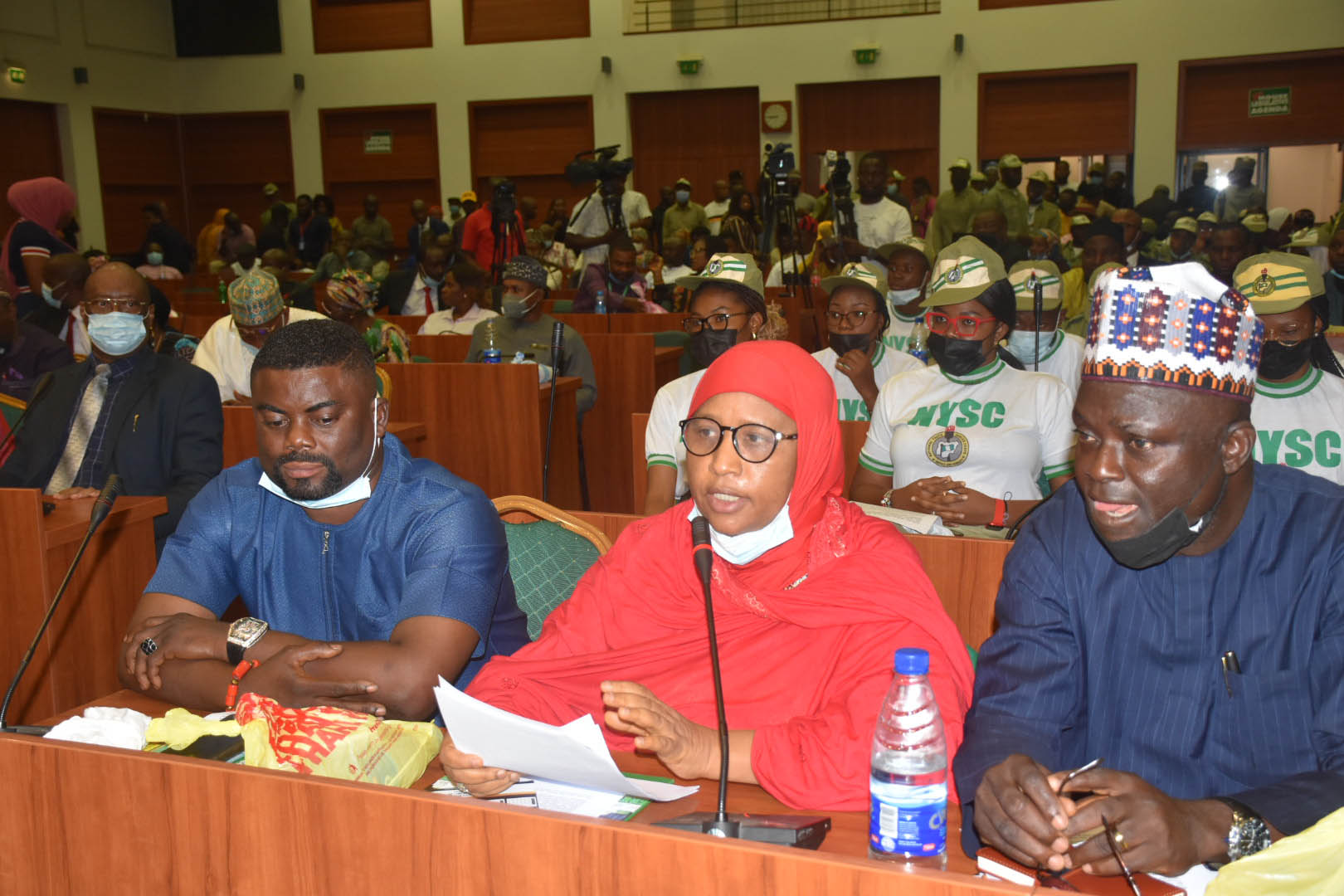Business
Airfare Hike: NCAA, FCCPC Begin Investigation, Stakeholders’ Engagement

The Nigerian Civil Aviation Authority (NCAA), in collaboration with the Federal Competition and Consumer Protection Commission (FCCPC), has commenced investigations and stakeholders’ engagement into the increase in airfare by airlines.
Speaking in Abuja yesterday, Capt. Musa Nuhu, the Director-General of the NCAA, said the investigation and engagement were to determine whether due and regulatory processes were followed before the increase.
Nuhu said the engagement would be to get proper information and place, adding that there were many challenges facing the industry.
“We are going to start a meeting with stakeholders in the industry tomorrow starting with the airlines to get proper information.
“Airfares are deregulated but there are certain processes of increasing those airfares and those processes have to be followed.
“Airlines are there to make money but not exploitatively of the traveling public.
“What we want is to ensure that all the processes were complied with.
“The industry is going through a difficult time and COVID-19 hit us so hard. We are just in the process of recovering.
“Cost of fuel and foreign exchange are other things that have a significant impact on the operation of the industry.
“But the due process and regulatory requirements must be followed to make the relevant changes in such a manner that the consumers, the traveling public do not get the shock of it,’’ he said.
He listed some challenges that might have contributed to the hike in airfare to include the high cost of fuel which contributed 30 to 40 per cent of running an airline, also foreign exchange.
The director-general said that the sudden increase in the demand for air travel might have also contributed to the hike, noting that the available infrastructure could not cope with the demand.
Mr Babatunde Irukera, the Executive Vice-Chairman of the FCCPC, said that neither FCCPC nor NCAA were pre-empting the rights of the airlines as any other business to develop their financial modules and manage their revenues.
“However, there are laws on both sides that prohibit operators of businesses including airlines from acting in a way that is unjust, unreasonable or exploitative which is the tariff review process.
“From the competition regulation standpoint, after implementation of adjustment to your business for prices for instance and if it appears that it is manifestly unjust or unfair, we would engage,’’ Irukera said.
Our correspondent reports that domestic airline operators have resolved to increase airfares by 100 per cent with effect from March 1.
The resolution adopted by all the domestic operators will peg the least economy ticket at N50, 000.
Business
Fidelity Bank To Empower Women With Sustainable Entrepreneurship Skills, HAP2.0
Business
President Tinubu Approves Extension Ban On Raw Shea Nut Export
Business
Crisis Response: EU-project Delivers New Vet. Clinic To Katsina Govt.
-

 News2 days ago
News2 days agoAmend Constitution To Accommodate State Police, Tinubu Tells Senators
-

 Politics2 days ago
Politics2 days agoSenate Urges Tinubu To Sack CAC Boss
-

 News2 days ago
News2 days agoDisu Takes Over As New IGP …Declares Total War On Corruption, Impunity
-
Business2 days ago
President Tinubu Extends Raw Shea Nuts Export Ban To 2027
-
Business2 days ago
Crisis Response: EU-project Delivers New Vet. Clinic To Katsina Govt.
-
Business2 days ago
President Tinubu Approves Extension Ban On Raw Shea Nut Export
-
Business2 days ago
Fidelity Bank To Empower Women With Sustainable Entrepreneurship Skills, HAP2.0
-
Sports2 days ago
NDG: Rivers Coach Appeal To NDDC In Talent Discovery

